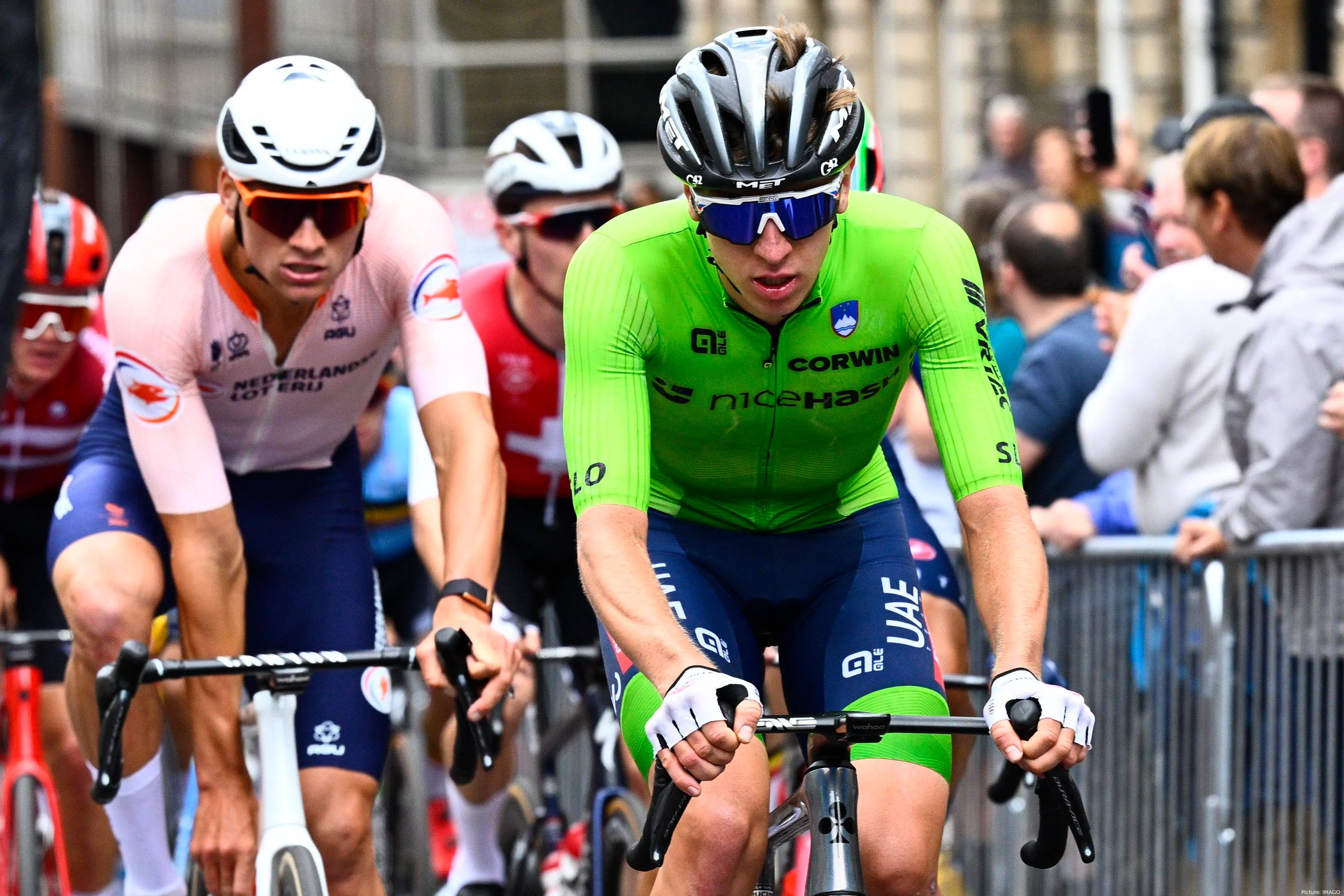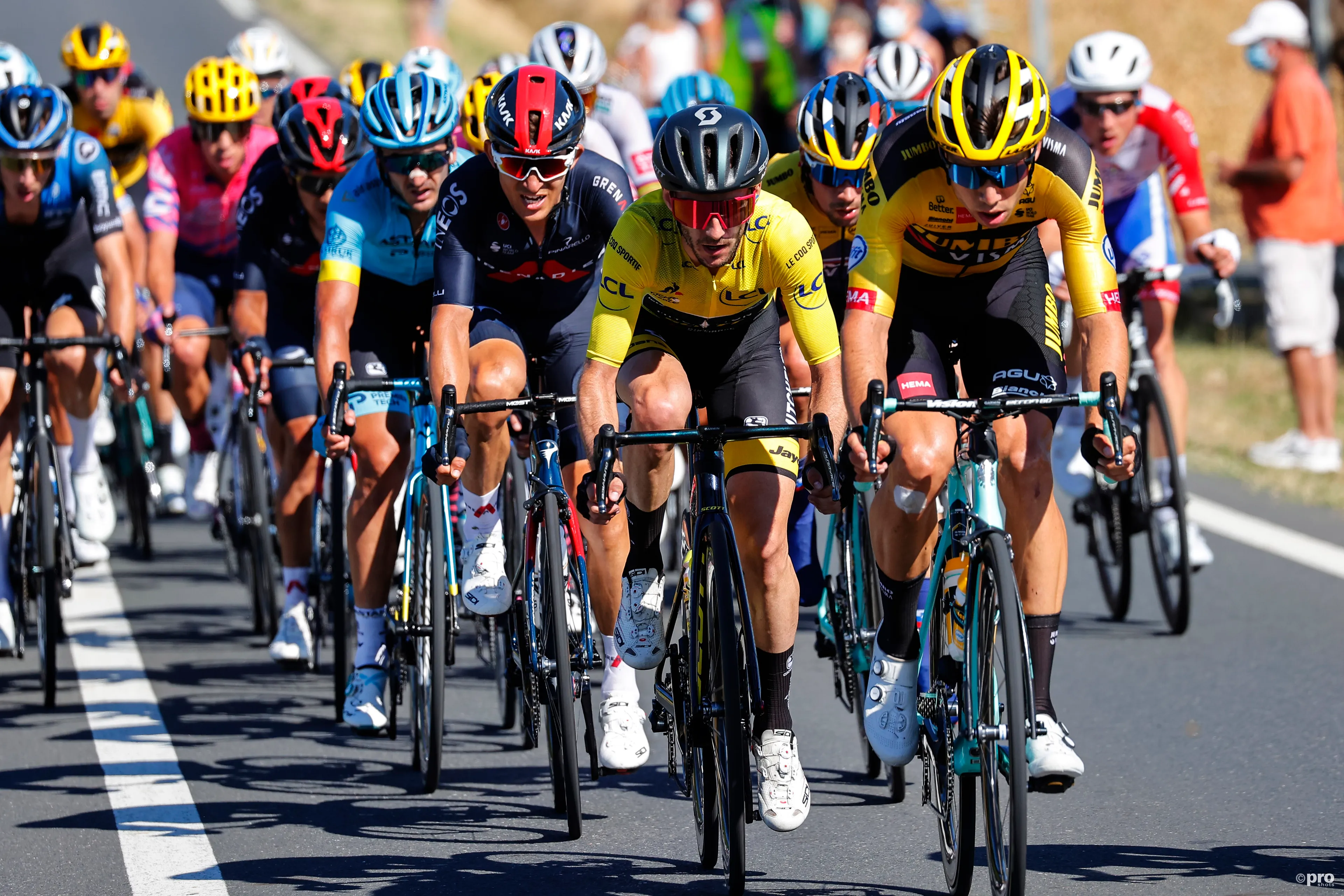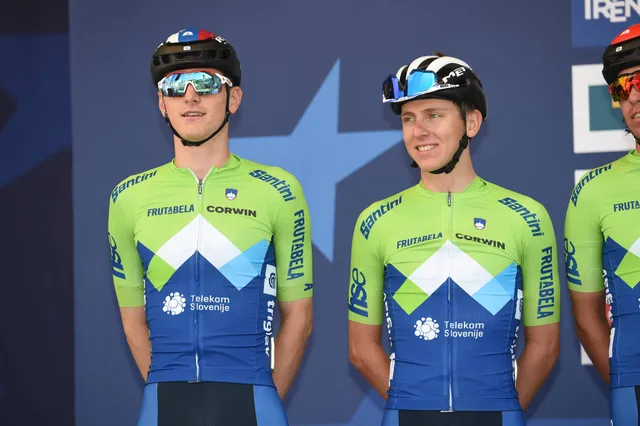"I have confidence in the strength of the Rwandan army" - TotalEnergies boss Jean-René Bernaudeau makes striking claim about Rwanda World Championships debate
Cycling
Concerns have been raised over the upcoming UCI Road World Championships in Rwanda, with growing speculation that the event could be at risk due to the country’s involvement in regional conflicts. Now, some of the cycling world have begun to add their thoughts to the events.
Reports surfaced in recent days suggesting that Rwanda’s backing of military action in neighbouring Congo has led to calls for the championships to be postponed, particularly from the European Parliament.
The issue puts the UCI in a delicate position, as cycling’s governing body attempts to balance its commitment to keeping politics separate from sport while facing increasing scrutiny over these serious ethical concerns. UCI President David Lappartient addressed the controversy in an interview with RFI, acknowledging the political tensions while reaffirming the organisation’s stance on the championships.
"Ethics is always a major subject for us," Lappartient stated. "I leave it to the governments to settle the issues. And we see that there are discussions in progress. Naturally, the UCI, like the sports movement, calls for de-escalation, calls for peace. That is our role. And we are a tool, moreover, in the service of peace."
Despite the ongoing situation, Lappartient expressed confidence that the championships will proceed as planned in September. He suggested that the recently concluded Tour of Rwanda has demonstrated the country’s ability to host major sporting events without security risks.
"We have no doubt that the World Championships will be held in September. And I believe that the Tour of Rwanda will finally provide confirmation that the country is secure and therefore that there is no risk for these World Championships. Ultimately, it is good that this event is taking place now.
“It will allow us to show, beyond the controversies that some have been able to launch, that this World Championship will indeed take place. We have been working on it for a very long time, the UCI and the Rwandan government. We make our decisions independently. Two, we are politically neutral.
“That does not prevent us from having an opinion, sometimes, on subjects that could slip, from expressing an opinion or from reconsidering certain positions. But here, today, very clearly, the conditions are met for these World Championships to take place," he added.
While the UCI remains firm in its stance, external voices within cycling have also weighed in on the situation, some in a manner that raises eyebrows (to put things lightly).
TotalEnergies boss Jean-René Bernaudeau made a particularly striking remark regarding Rwanda’s military strength, stating, "I have confidence in the strength of the Rwandan army. Today, they are talking more about invading others than being in danger in the country. I have no reason to be worried."
His statement, while likely meant to reassure, instead draws further attention to the very geopolitical issues that are fuelling concerns over Rwanda as a host nation. Acknowledging that Rwanda is “talking more about invading others” may highlight the controversy rather than dispelling it. What do you think?
This situation presents a complex dilemma for the UCI, and it’s very clear that they have a lot of work on their hands. The governing body insists on political neutrality, yet the ethical debate surrounding Rwanda’s involvement in conflict continues to intensify.
"While the organisation maintains that the World Championships will go ahead, pressure from international bodies could force a reassessment if the political situation deteriorates further.
For now, the focus remains on whether the event can steer clear of becoming overshadowed by geopolitics. The World Championships in Rwanda were initially heralded as a historic moment; the first time the event would be held in Africa. However, with escalating concerns and growing political scrutiny, the significance of this milestone risks being entangled in controversy rather than celebration.
We sense that this debate is far from over. Until the riders are on the start line in Rwanda, anything could happen.
If a country in Europe was forcibly taking control of territory in a neighbouring state, then surely more emphasis would be placed on the morality of holding UCI world championships there than on the host's ability to keep the fighting outside its borders.
Morality has never been high up on the Western geopolitical agenda, at best it was used to deflect criticism, at worst a backdoor to riches and control at whatever cost.
Just in

Subscribe to our Daily Newsletter today!
Popular news
Latest comments
- agreed. flanders is a beast. i like tadej, but i’m full on rooting for mathieu next sunday.OCexile29-03-2025
- Indeed, strong as ever on the flat, maybe stronger on climbs. There are very few records within reach for contemporary riders (Cabendish had to extend his career to get his and took twice as long as Merckx to equality), this would be one that would be very hard to take away.Mistermaumau29-03-2025
- I thought newspeak was condensing any statement into the smallest number of pertinent words.Mistermaumau29-03-2025
- flanders is mvdp’s favorite race and he’s one win away from being the lone record holder with 4 wins. i’d be very surprised if the gap that pogačar opened in him there 2 years ago wasn’t THE major focus of all his training. and when mathieu has a goal, he turns himself inside out to achieve it. we’ll see next week if he got there, but i’d agree with van avermat’s assessment of van der poel’s fitness.OCexile29-03-2025
- It’s almost like newspeak. It’s classics season, Pogacar’s main rival has always been van der Poel. Then grand tour season will begin, and we will pivot mid sentence and Pogacar’s main rival will have always been Vingegaard. What a season this promises to be. Let’s hope they stay healthy (and Vingegaard gets past the concussion).RidesHills29-03-2025
- Great that he’s decided to do Flanders though his weight remark is irrelevant, Mads is proportionately heavier and MVDP has the same weight but is around 10cm shorter.Mistermaumau29-03-2025
- Yeah, looks slow up there.Jumpyjohn28-03-2025
- lol His aim was well off! MVP was well past him before the guy decided to spit.Cyclingsbestfan28-03-2025
- But you know that’s what makes this website live ;-)Mistermaumau28-03-2025
- I hope he stays upright too and I hope that in this years Paris Roubaix we get a proper good old fashioned man against man race. Can't wait!Cyclingsbestfan28-03-2025











